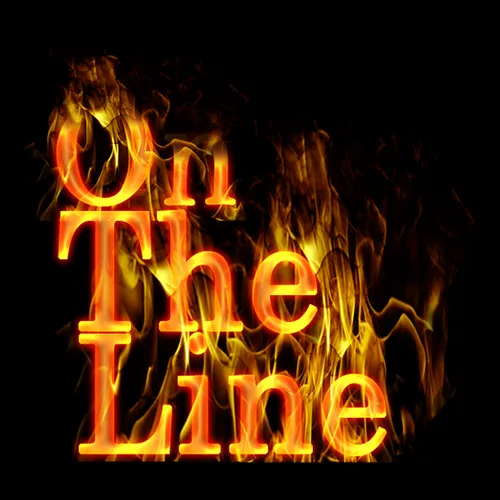
On The Line
A Podcast for today's Wildland Firefighters.
- Update frequency
- every 22 days
- Average duration
- 39 minutes
- Episodes
- 37
- Years Active
- 2017 - 2024
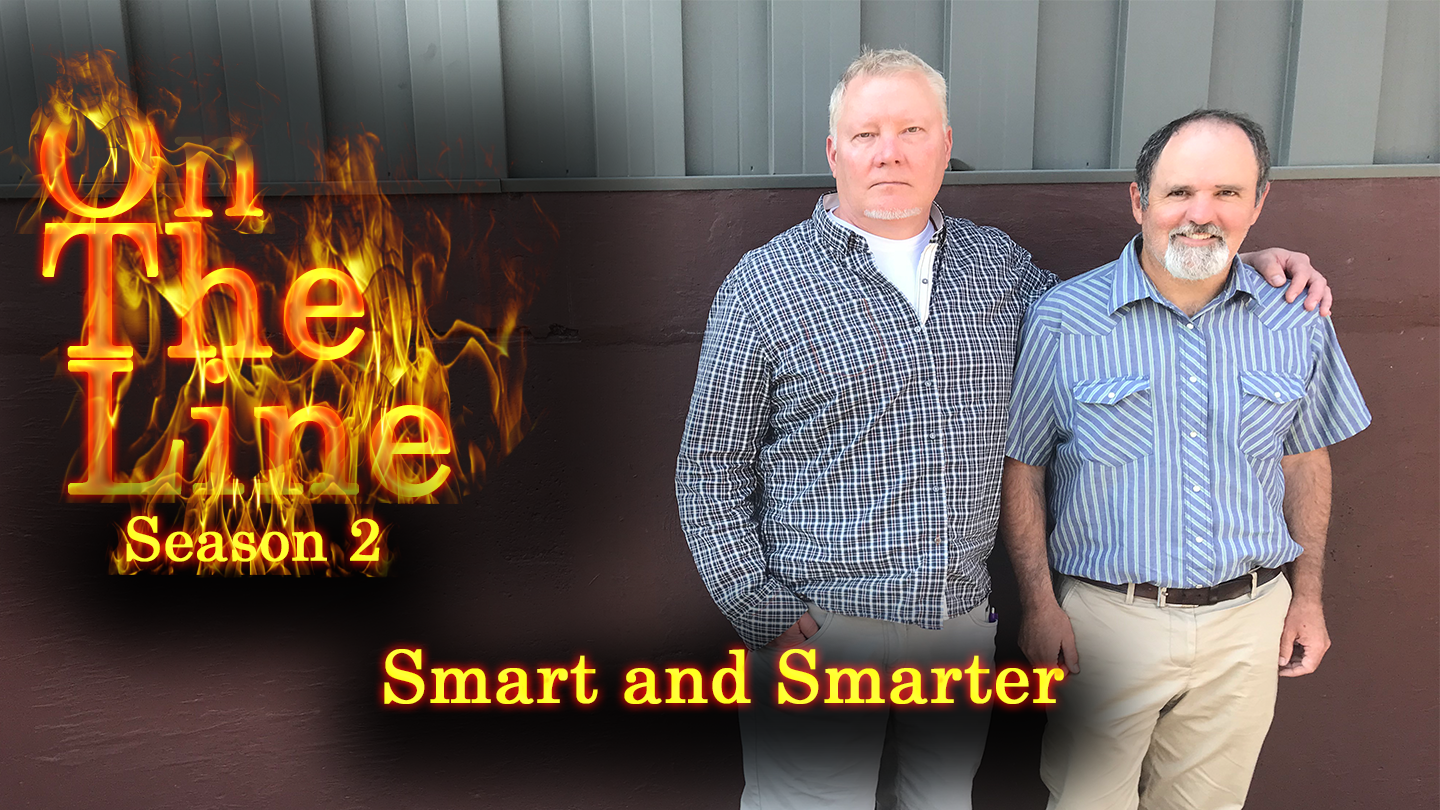
Smart and Smarter
Prodigious friends Drs. LLoyd Queen and Carl Seielstad from UM’s National Center for Landscape Fire Analysis stumble across a suitcase full of questions posed to them by podcast host Charlie Palmer. …
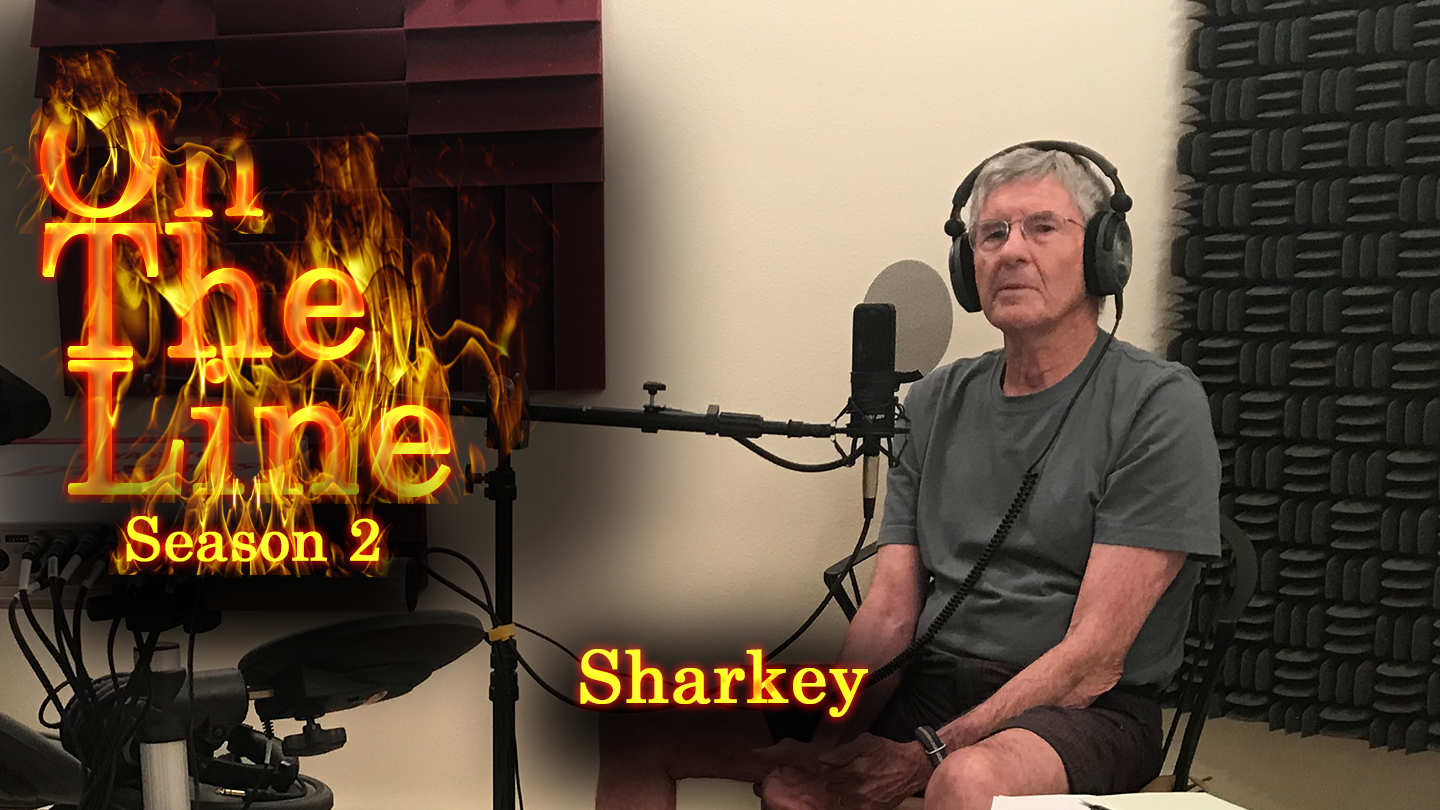
Sharkey
As a wildland firefighter, if you don’t recognize the name Brian Sharkey, you probably should. The author of twelve books, developer of the pack test and work to rest guidelines, and some of the earl…
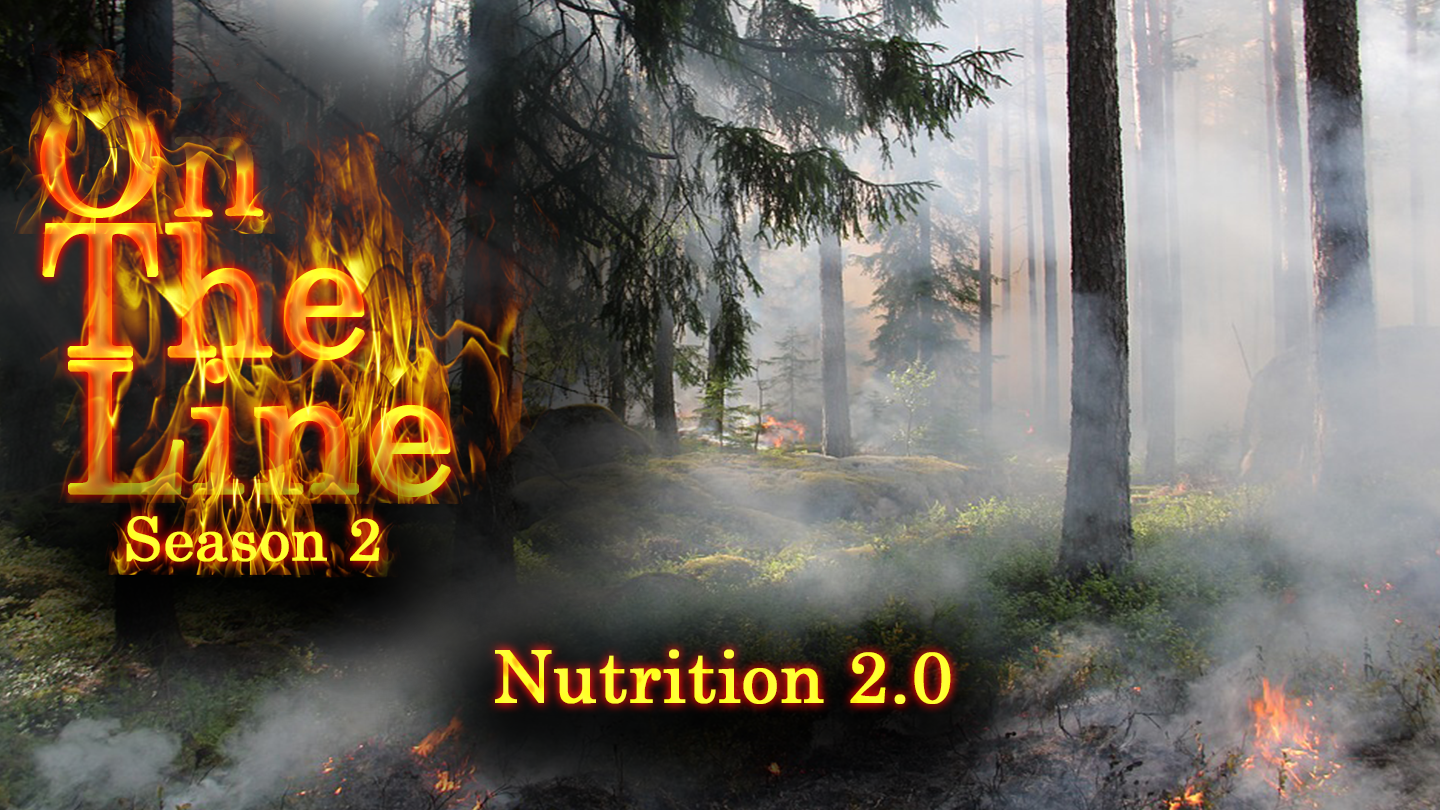
Nutrition 2.0
Eating the proper foods at the appropriate time is an essential component of recovery, especially for tactical athletes like wildland firefighters. Dr. Brent Ruby from the University of Montana’s Cen…
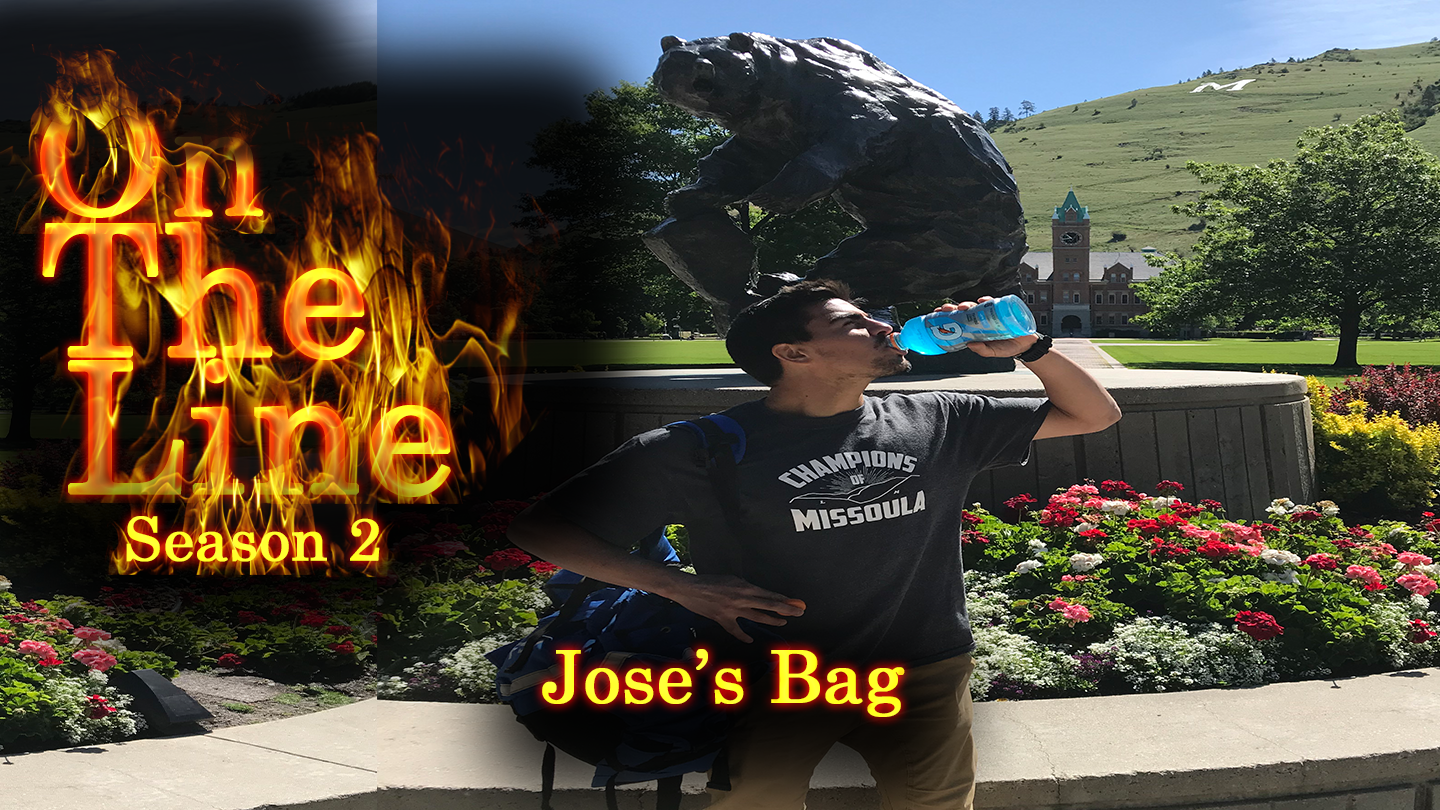
Jose's Bag
University of Montana Health and Human Performance Department graduate student Jose Pena joins the podcast to discuss over-the-counter, alleged performance-enhancing products. Jose is a Chilean who c…
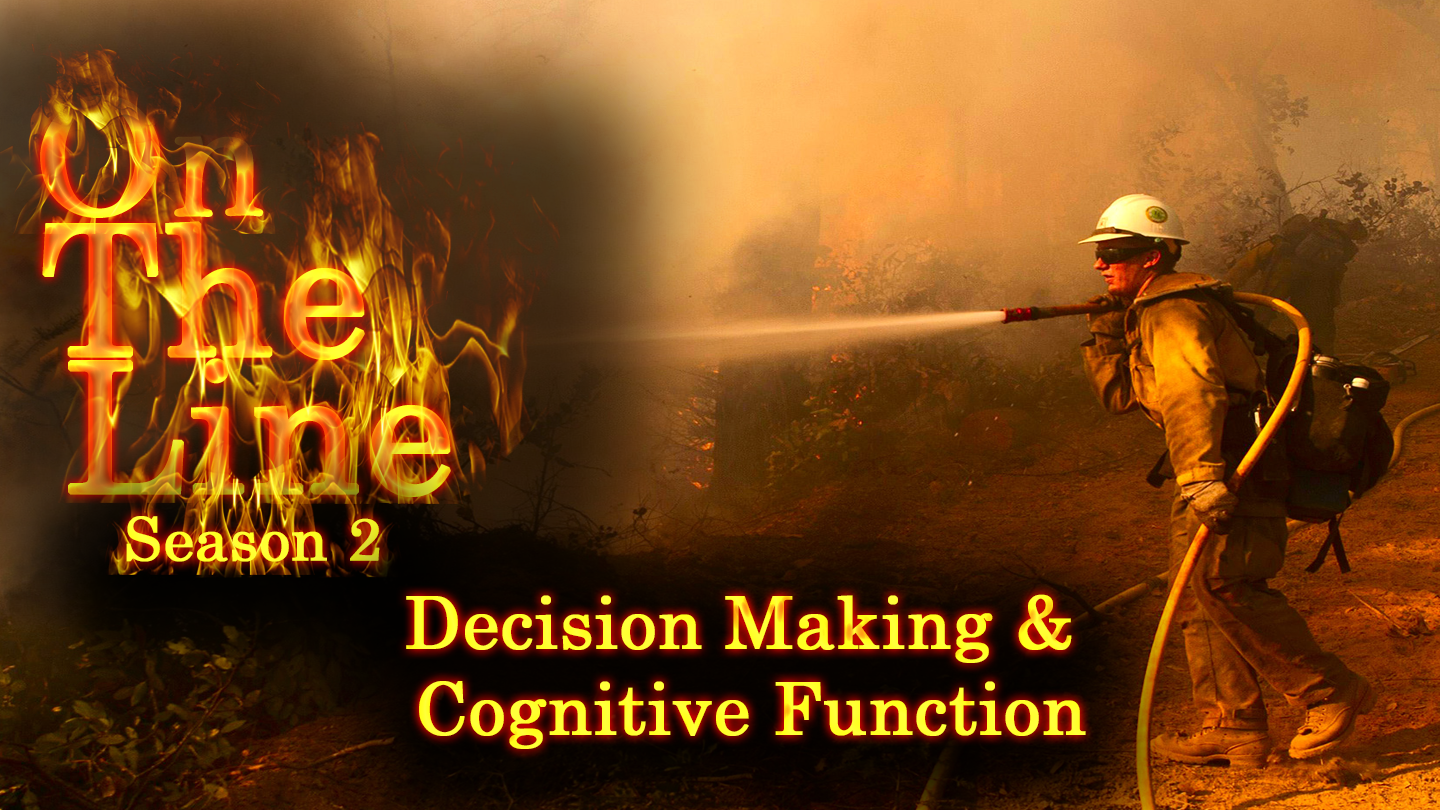
Decision Making & Cognitive Function
Wildland firefighting represents a high risk occupation, and exposes those who engage in it to a significant amount of danger and uncertainty. Decision making and cognitive function take on added imp…

Seasonal Alterations
Never before have wildland firefighters been assessed for physiological changes over the course of an entire fire season. Until now. Dr. Trey Coker from the University of Alaska Fairbanks teamed up w…

Pack Test
The Work Capacity Test, otherwise known as the pack test, has been in use for nearly 25 years. Designed as a measure of muscular strength and aerobic capacity, the arduous version of the test entails…

Maclean
Maclean. The name is synonymous with many things: great writing, fishing, and fire to name just a few. On this, the tenth and final episode of season one, author John Maclean joins the podcast, along…

Suicide
About 42,000 Americans take their own lives every year. While no known research has looked specifically at suicide prevalence rates within wildland firefighters, it appears to be a major concern with…
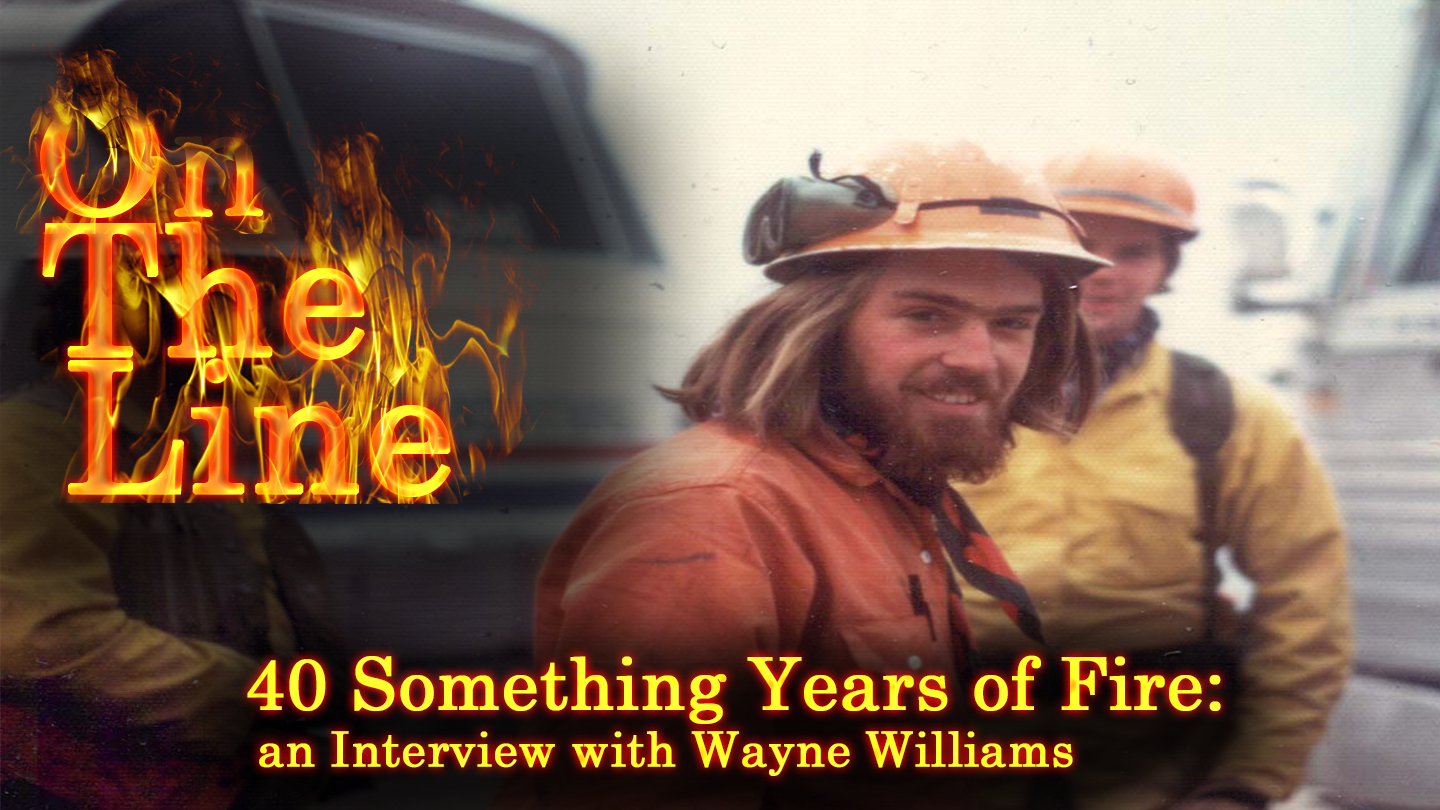
Forty Something Years of Fire: an Interview with Wayne Williams
Few people can claim to possess a fire career that spans over four decades. From being a first year firefighter with the California Division of Forestry in the 1970’s, to thirty-four years of smokeju…
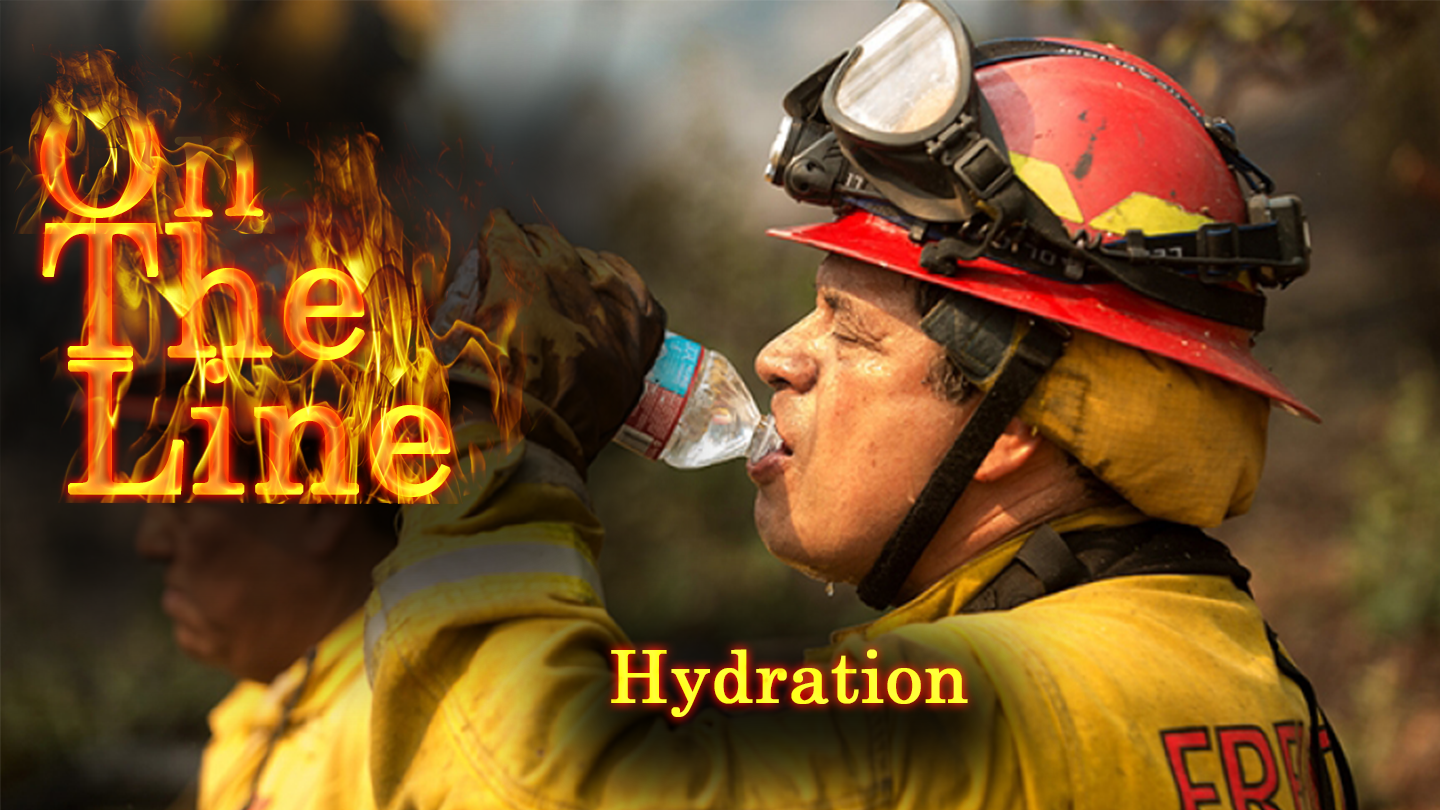
Hydration
Dr. Chuck Dumke and Dr. Brent Ruby from the University of Montana re-join the podcast to discuss this vital component of performance. Hydration plays an important role in firefighter safety, and yet …
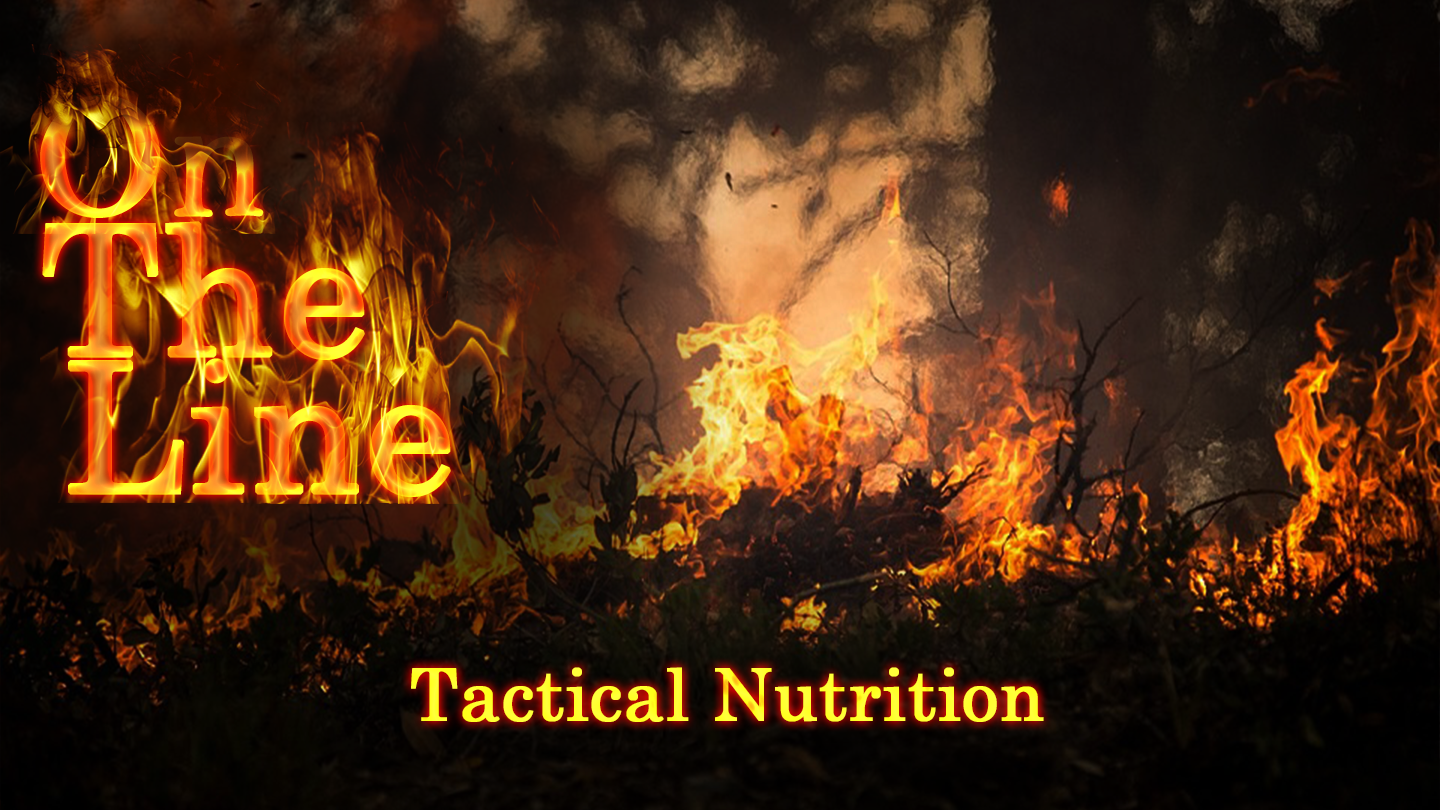
Tactical Nutrition
Firefighters can expend upwards of 6200 calories per day during rigorous operations. Therefore, what they eat, when they eat, and how much they eat become extremely important factors that must be tak…

Wood Smoke
Not only are firefighters exposed to wood smoke as a part of their occupations, but so too are millions of humans across the globe who must contend with this byproduct of combustion in the places the…
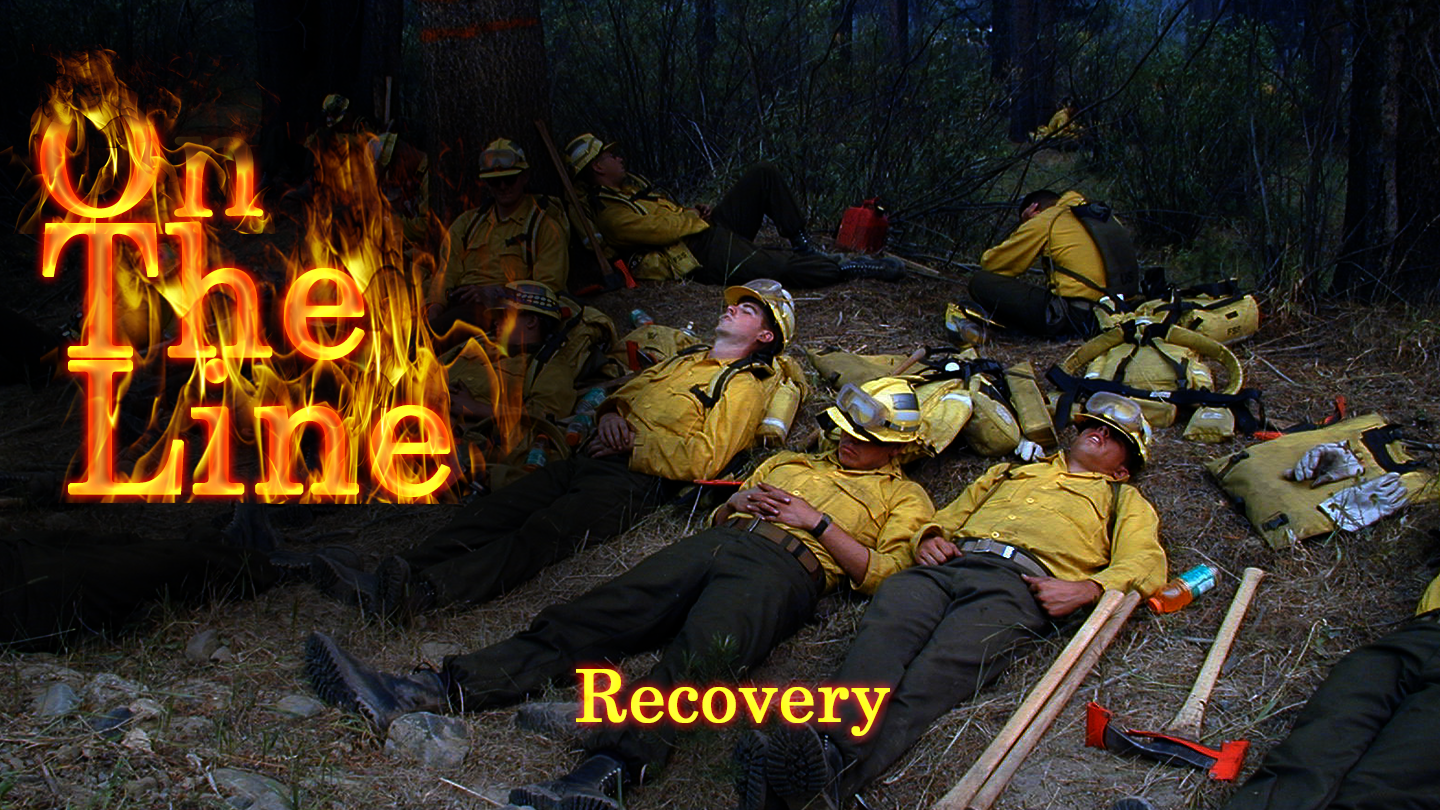
Recovery
In this episode of On the Line, University of Montana biomechanist Matt Bundle and clinical psychology doctoral student Patty O’Brien join the podcast to discuss the concept of recovery and how it re…
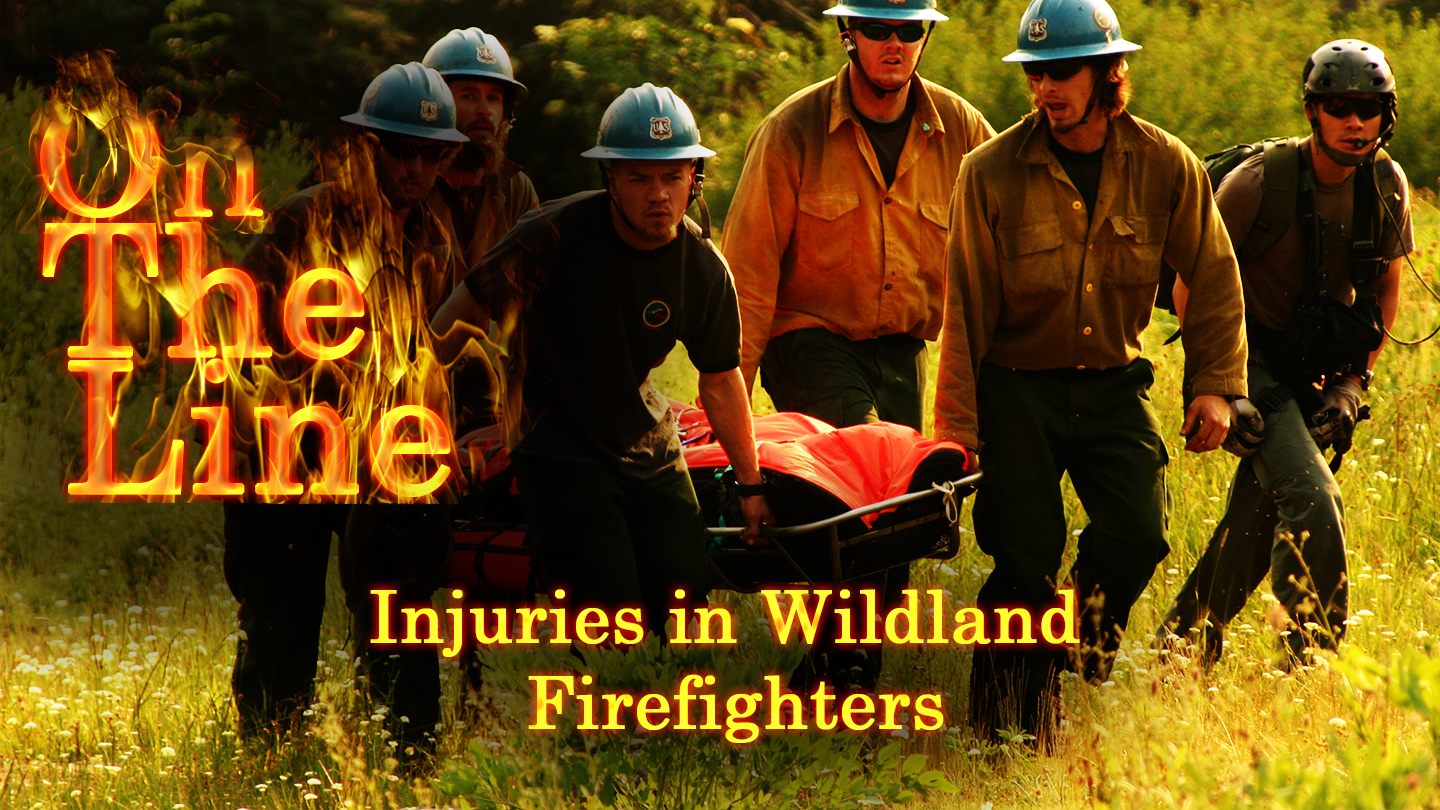
Injuries in Wildland Firefighters
Although thousands of wildland firefighters are employed every year, and despite the fact that many of them sustain injuries while on the fireline or preparing themselves for the rigors of the job, v…
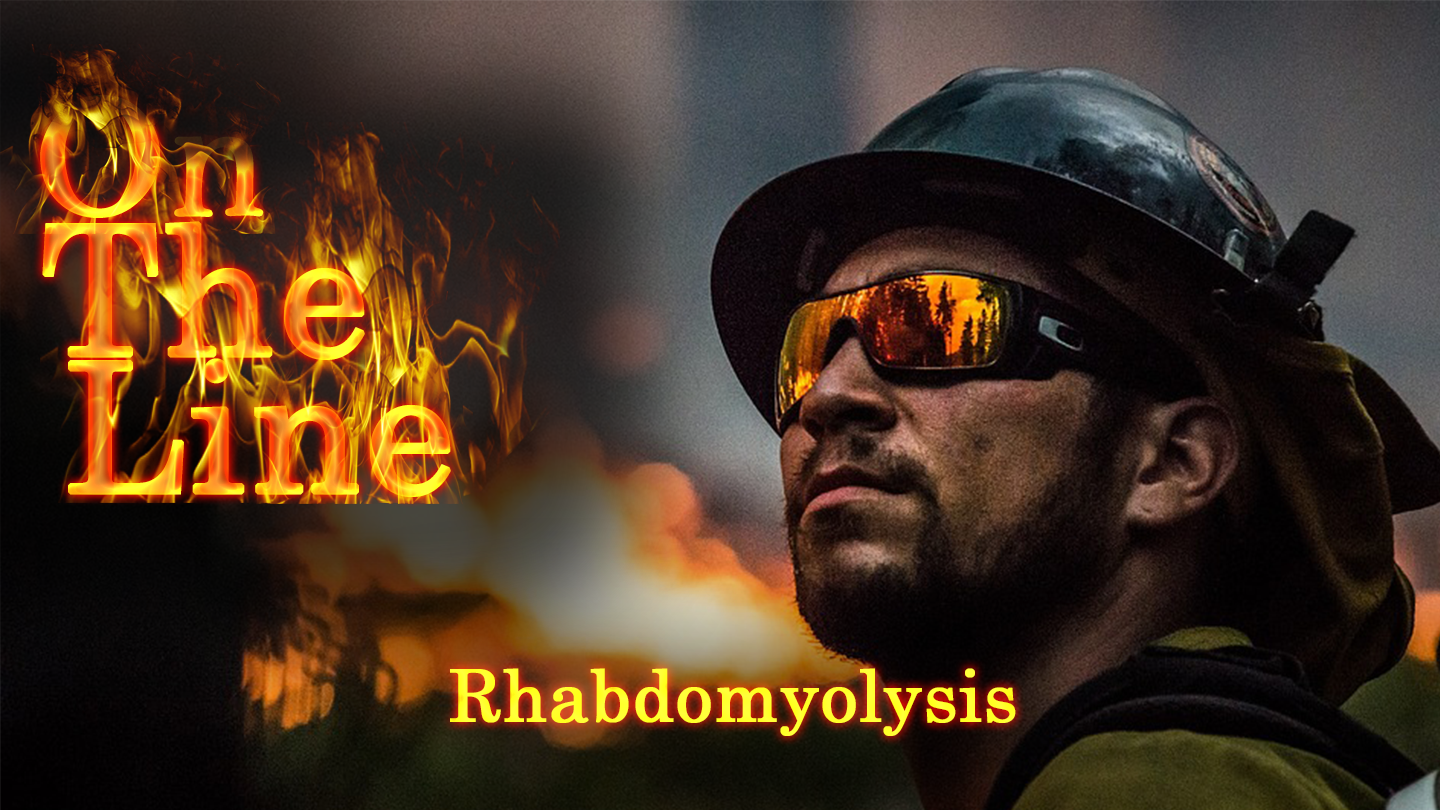
Rhabdo
According to the National Institute for Occupational Safety and Health, Rhabdomyolysis, or rhabdo, is “a medical condition associated with heat stress and prolonged physical exertion, resulting in ra…
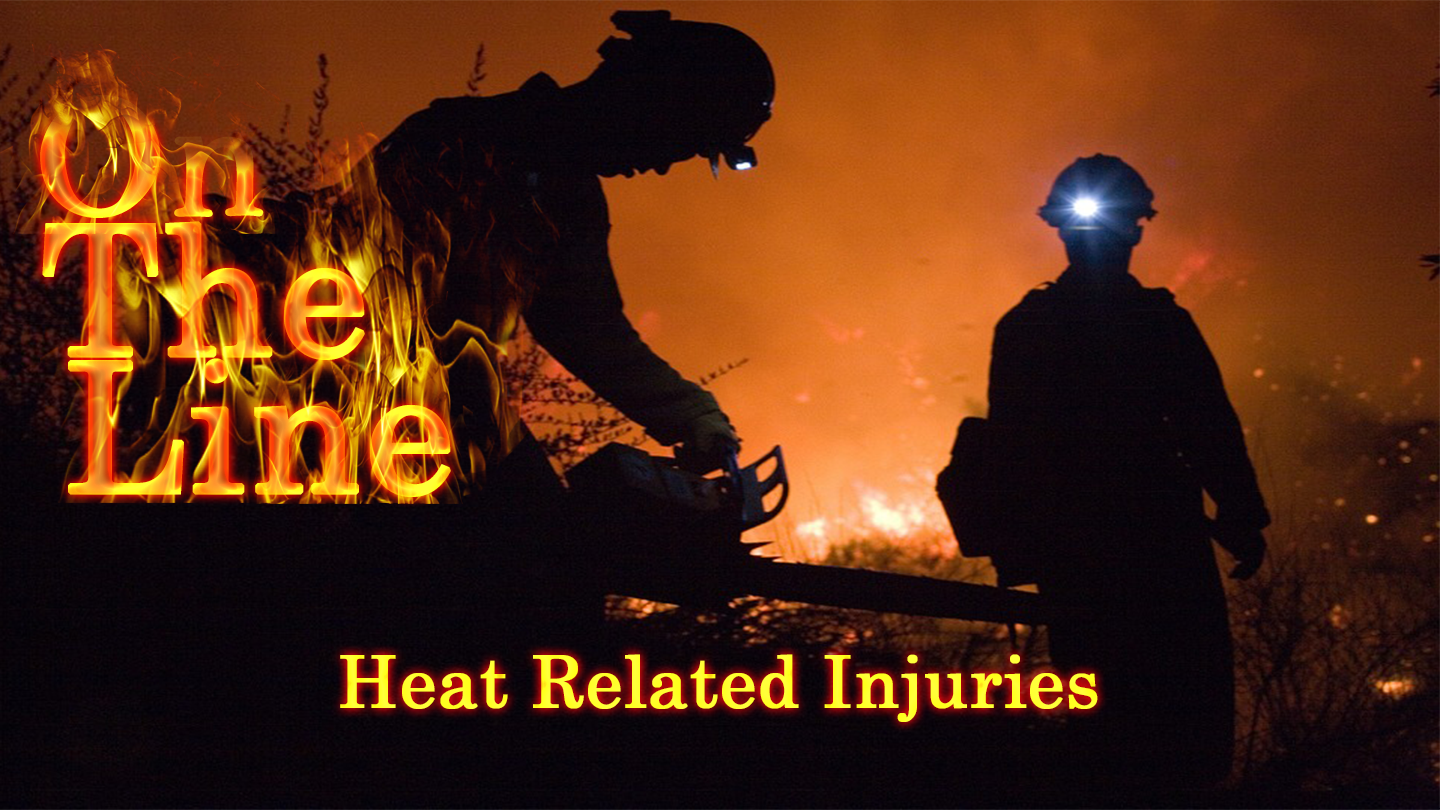
Heat Related Injuries
In this debut podcast of “On the Line”, moderator Charlie Palmer, along with University of Montana professors Dr. Chuck Dumke and Dr. Brent Ruby discuss heat related illnesses/injuries (HRI’s) for wi…